Introduction to Chess Rankings
Chess rankings are essential tools that assess the skills and performances of chess players. They are crucial for pairing competitors in tournaments, awarding titles, and fostering a competitive landscape. In this guide, we will delve into the basics of chess rankings, exploring how they are calculated, their importance, and the key organizations that manage them.
Understanding the Chess Rating System
The most widely recognized system for calculating chess rankings is the Elo system, developed by physicist Arpad Elo in the mid-20th century. This system is designed to predict the outcome of games based on each player's rating, creating a fair environment where players can advance based on their performance against similarly ranked opponents.
How the Elo Rating System Works
The Elo rating system updates a player's ranking based on the expected result of a match versus the actual outcome. When a player wins against a higher-rated player, they gain more points than if they win against a lower-rated player. Conversely, losing to a lower-rated player results in a greater loss of points. Draws usually result in slight changes depending on the difference in ratings between the two competitors.
Formula for Calculating Elo
While Elo's original formula has been adapted over time, the core calculation remains: the rating adjustment depends on the difference in rating between the two players and the game result. Players' new ratings are determined by their old rating plus or minus their score difference multiplied by a K-factor, which dictates the weight or maximum change that a single game can influence on a player's rating.
Chess Titles and Their Signification
In addition to numerical ratings, formal titles awarded by chess's governing bodies reflect a player's skills and accomplishments. These titles, once earned, are held for life.
Key Chess Titles
- Grandmaster (GM): The highest title, reflecting very high chess expertise.
- International Master (IM): Below grandmaster, but still significantly talented.
- FIDE Master (FM): A step below IM, but an important milestone in a chess career.
- Candidate Master (CM): An introductory title that shows substantial proficiency in chess.
The Role of FIDE in Chess Rankings
Standards for chess rankings and the awarding of titles are primarily set by the Fédération Internationale des Échecs (FIDE), the international governing body of chess. This organization ensures standardization and fairness in rankings worldwide, updating its list of rated players regularly to reflect the dynamic nature of competitive chess.
Impact of Chess Rankings
Chess rankings play several roles besides indicating a player’s skill level. They help in matching players with similar skills in tournaments, thus ensuring balanced and fair competition. Additionally, rankings provide a system of progression and milestones that can motivate players to improve their game.
Conclusion
Understanding chess rankings is essential for anyone involved in the competitive world of chess. Whether you are a beginner who is just starting out or a seasoned player, knowing how ratings work, what titles represent, and how organizations like FIDE manage these aspects helps you appreciate and navigate the complex yet fascinating world of chess.
Explore our large collection of luxurious chess sets!




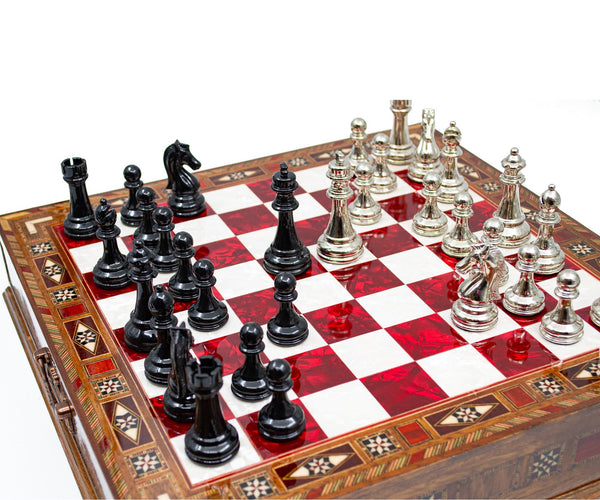
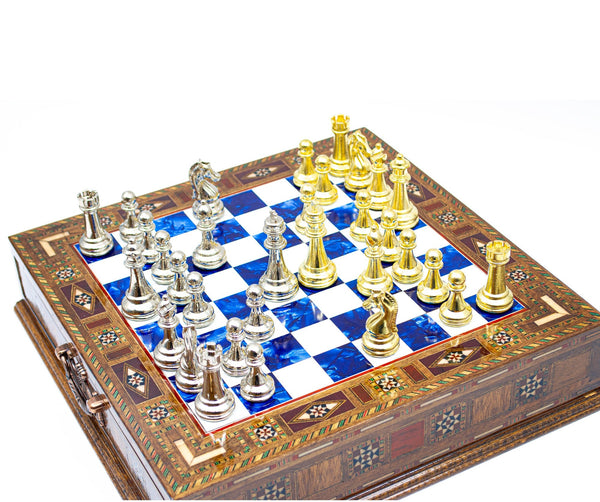
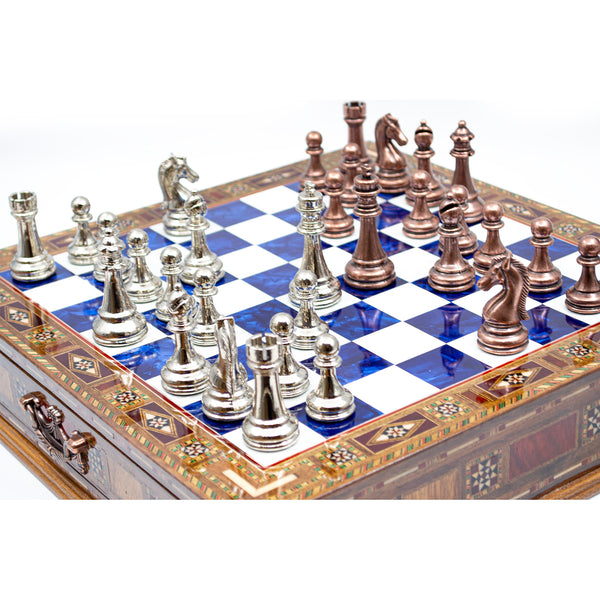
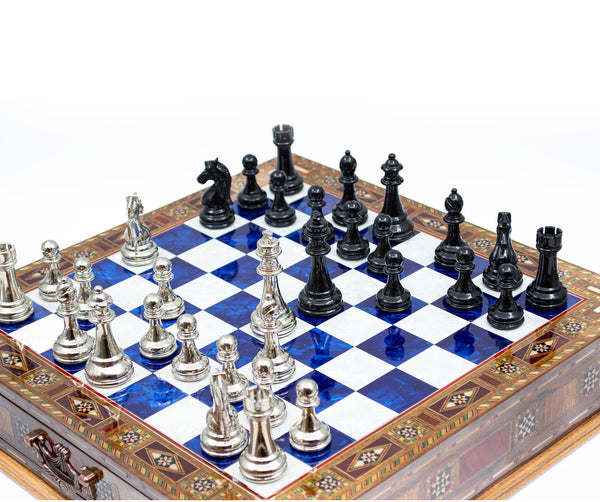
















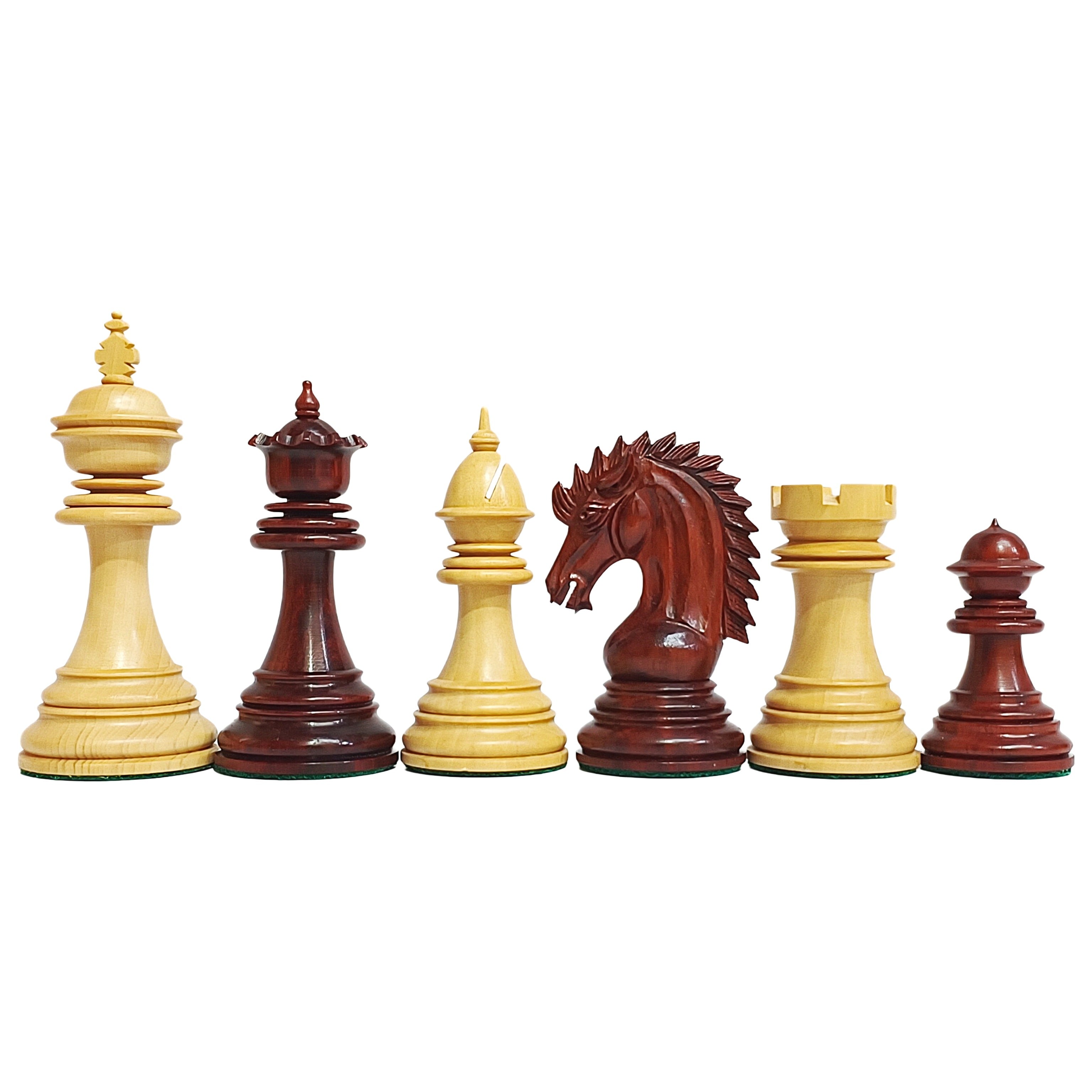





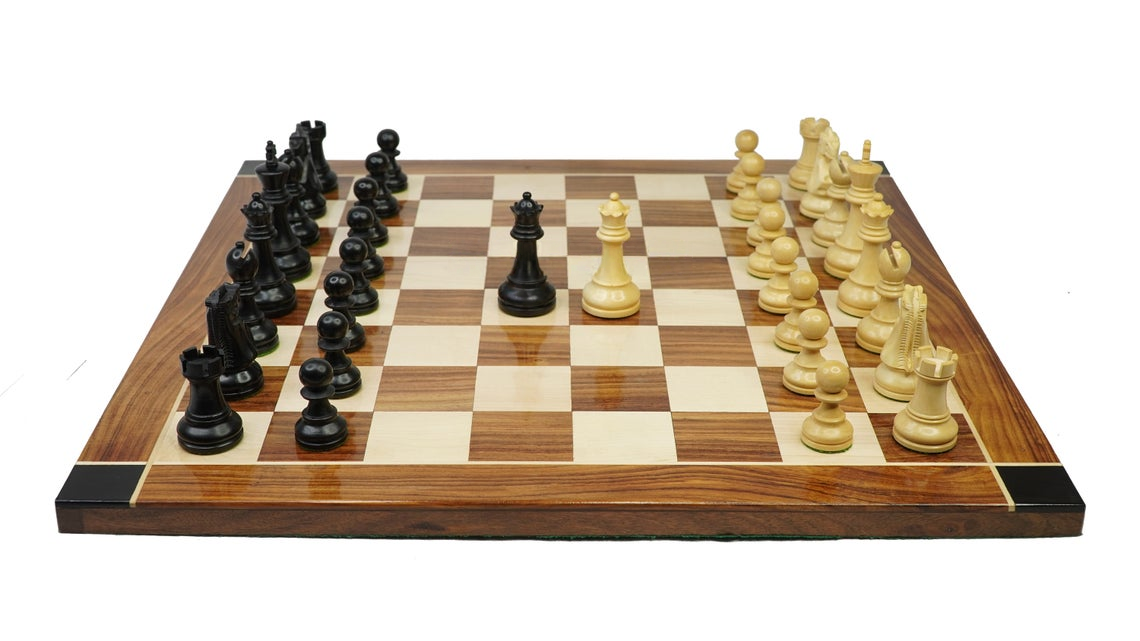
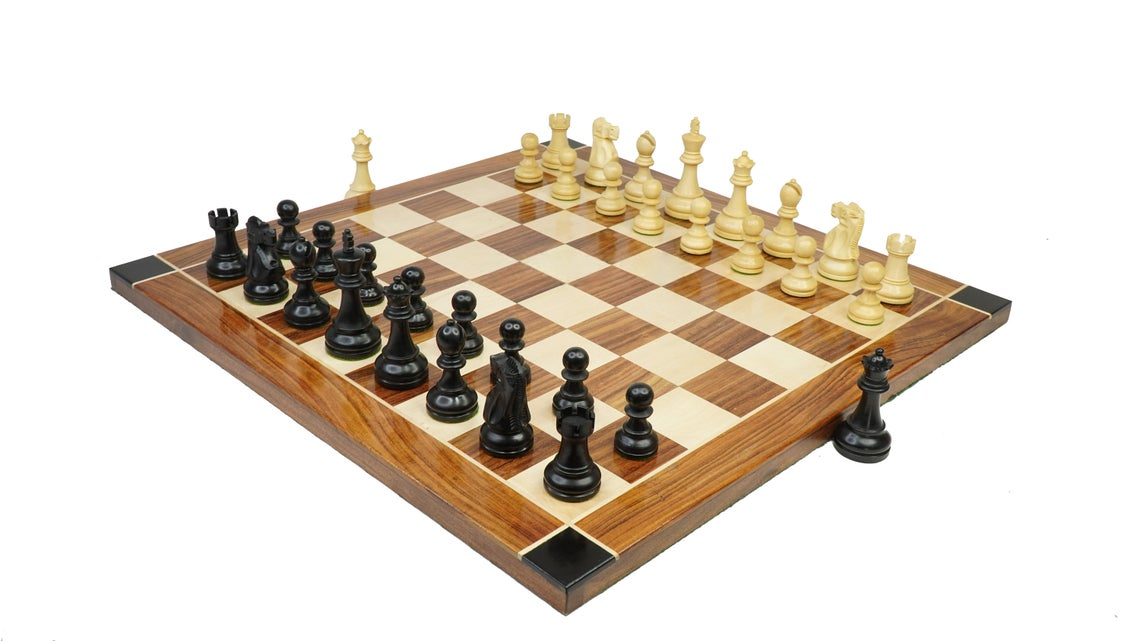









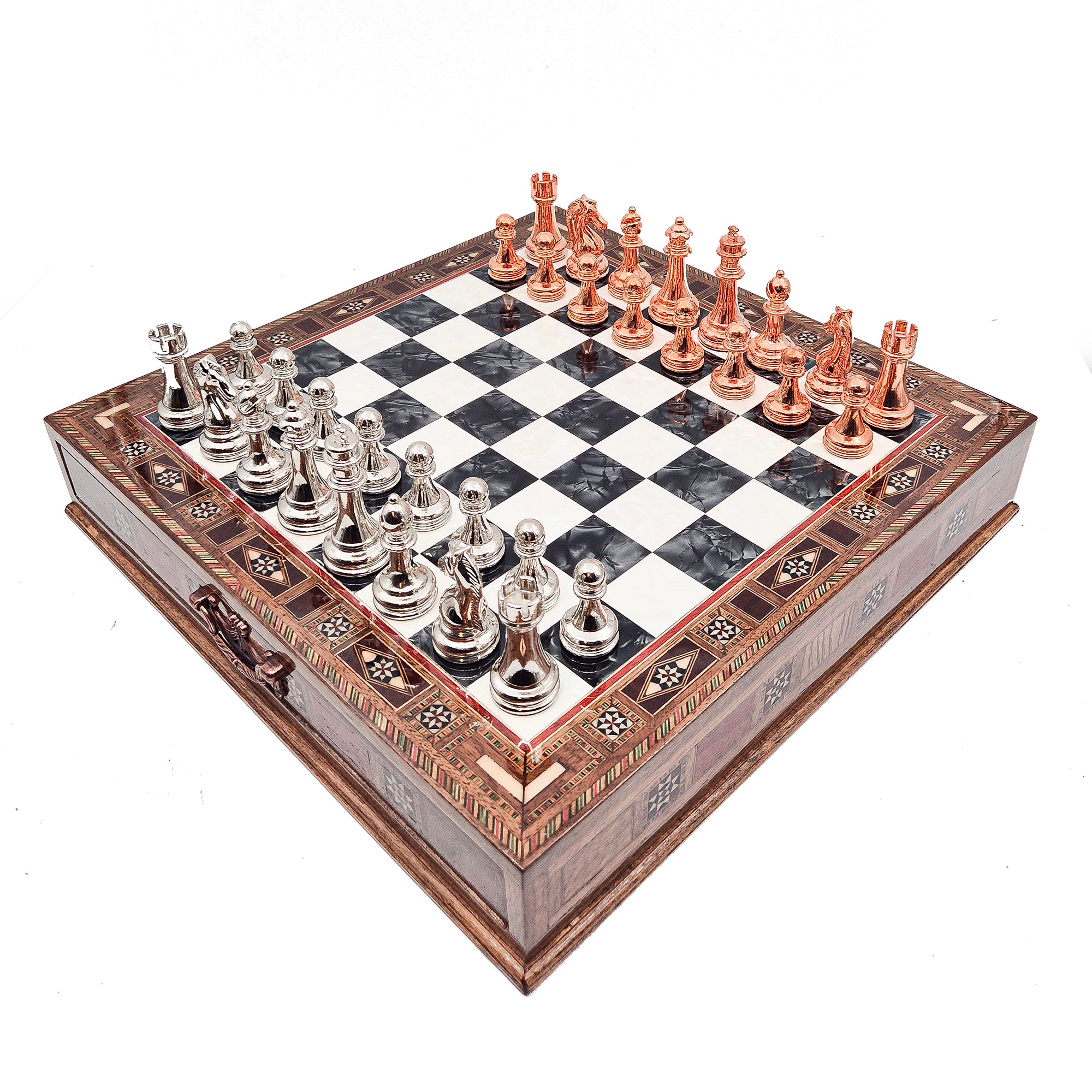
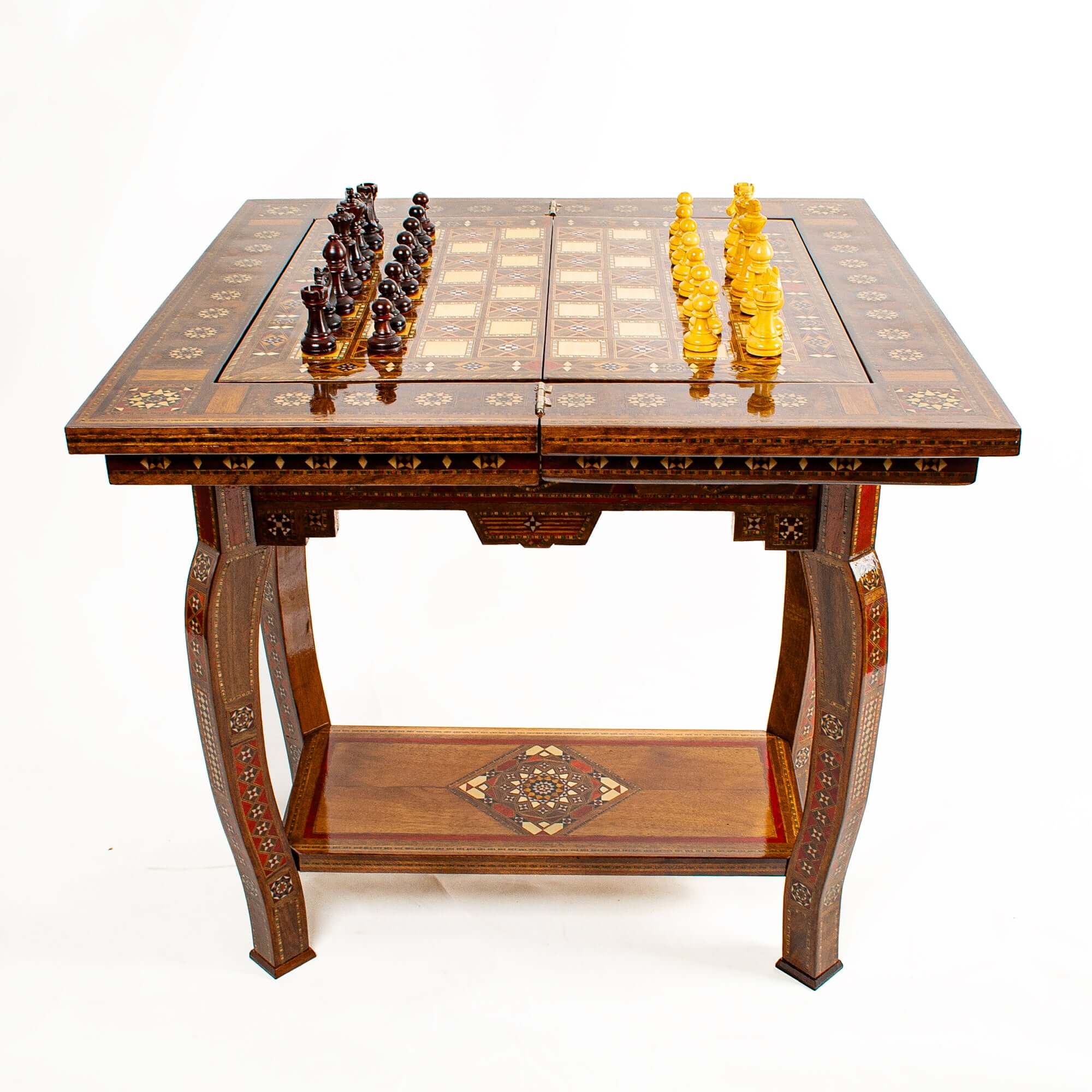

Leave a comment
All comments are moderated before being published.
This site is protected by hCaptcha and the hCaptcha Privacy Policy and Terms of Service apply.